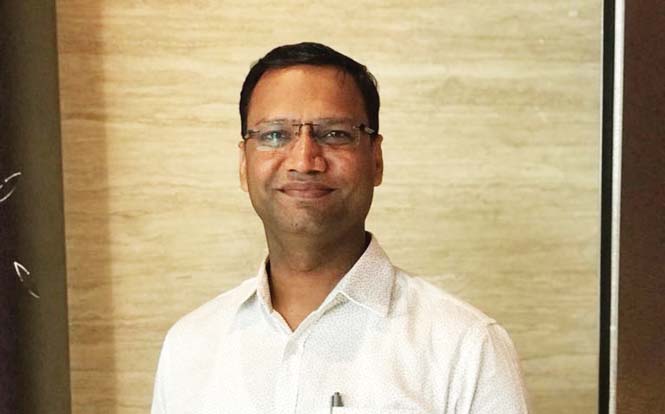A pre-paid tax account, 2% turnover tax, and free filing software are some radical suggestions that IBMA president Ajit Garg has to offer the government when it comes to talk about GST. We sat down with Garg to get his take on how GST has performed, what has been its impact on the bath fittings industry, and what’s in store for small businessmen.
It has been a year since GST has been in force and it’s for the good. Yes, there were teething troubles, but one must acknowledge and appreciate the government’s resolve to get the reform going, listen to the concerns of the stakeholders, and make necessary changes in terms of rate rationalisation, issue notifications or clarifications on key decisions, run awareness campaigns, set up return filing centres, etc. Even to this date the government continues to engage with the stakeholders. This willingness on the part of the government, to listen to the grievances and act on genuine feedback from the ground, has made all the difference. Of course, there are concerns that continue to be raised, and the government has given enough indication that it is acting on them – the refunds to exporters being one of the many.
We must accept that while we were doing business in the pre-GST regime too, the business environment then was not conducive to sell or procure goods on invoices. This has been one of the major changes in the GST era. One of the major challenges still being faced by businessmen is the non-payment of refunds. It is worrisome and gives an impression that the government is not keen to give out refunds. Having said that, I must add that this apparent attitude could be due to draining of the exchequer by some unscrupulous businessmen, who filed fraudulent refund claims in connivance with rogue officials. This could have led to the belief that anyone who claims a refund is a cheat.
The E-way Bill mechanism is a must if GST has to succeed. The E-way Bill will help curb the practice of multiple use of single invoice, under-invoicing as well as non-invoicing. However, I must admit that despite all the benefits of the E-way Bill system, there are still a few concerns. The problem with the present system is that even for minor clerical errors in the invoice, the officials are penalising the businessmen. For instance, the invoice number is correct but in the vehicle number a letter or numeral is wrong. In such cases the businessmen should be let off with a warning rather than imposing a penalty. The officials should educate and create awareness rather than harass.
Also, the validity of the E-way Bill, for local purposes, is just a few hours. This can certainly be reviewed. Further, to generate the E-way Bill you require the vehicle number, transporter’s ID, etc. However, the transport sector is least organised, and many do not have IDs. Many a times they ask us to first send the goods and only then will they share the details; now with the present system this is not at all possible. Thus there is a need to align the transport sector.
Overall, the implementation of GST has had a very positive impact; businesses are now better organised, tax collection has improved. Cashless economy is on the rise. But there’s a need for continuous monitoring and running awareness campaigns.
So far so good; but I have a suggestion here. There should be a common server to which all our computer systems, which we use to file our returns, should be linked so that generating invoices, tax deduction, etc become seamless and chances of error in filing are minimised.
Also, business entities should be able to deposit a certain amount in advance, and whenever they generate an invoice the tax can be deducted from that account, or in case an input credit is to be claimed it can be credited to the same account. In case of a low balance, a message can be sent to the owner, quite like pre-paid cards.
Furthermore, given the slim margins our industry works on, I would advise the government to charge a 2% tax on turnover.
With continued reiterations e-filing of returns has now become easier as compared to the cumbersome manual filing procedure. However, Internet connectivity is still an issue in many parts of the country. As for software, some of the companies that help in filing the GST returns are over-charging. I have a suggestion to make here. The government can work with the likes of Tally, Marg, Busy, etc to come up with a centralised software that may be given out free of cost to business entities. The entities can download it on their system and work on it to upload their returns, invoices, input credits, etc.
Working capital requirements have no doubt increased. The industry has shifted to full invoicing. The increased requirement of working capital is being met either through internal revenues or by loan financing. The capital requirement will further increase. The good part is that now dealers pay us on time or else they lose out on their input credit. In fact, the credit cycle has become more realistic now. I believe that a six-month timeline is too long for correcting mismatch and should be reduced; that would bring more discipline to the trade.
From the perspective of the bathroom fittings industry, GST has been a negative. I believe that investment expansion is on hold and is nearing stagnation. In the pre-GST regime there was a threshold for small players, but now everyone is on equal footing. There is no way the small players can survive; in fact bigger players will likely eat up the smaller ones. The only way out is for the smaller ones to work as ancillary units of large players, or perish.


